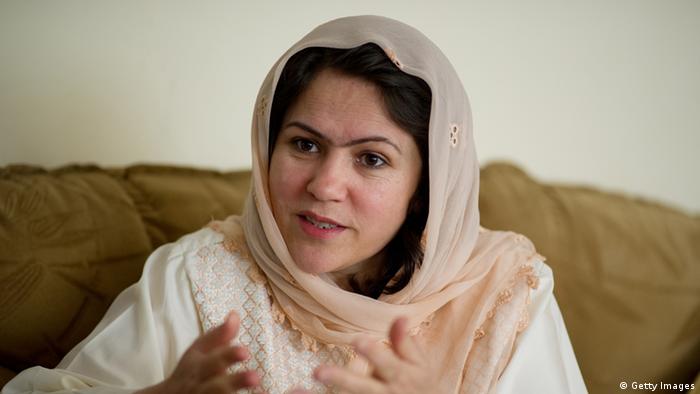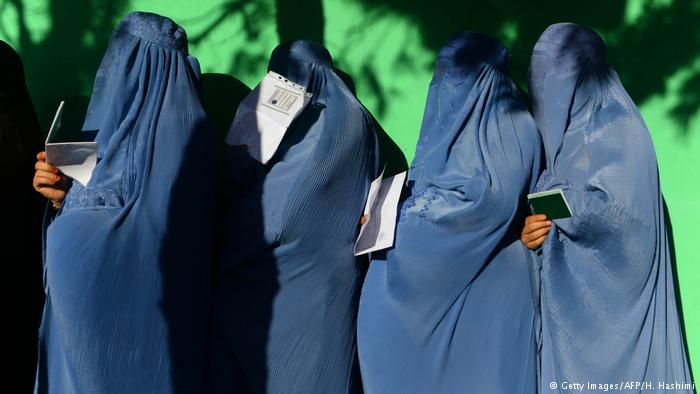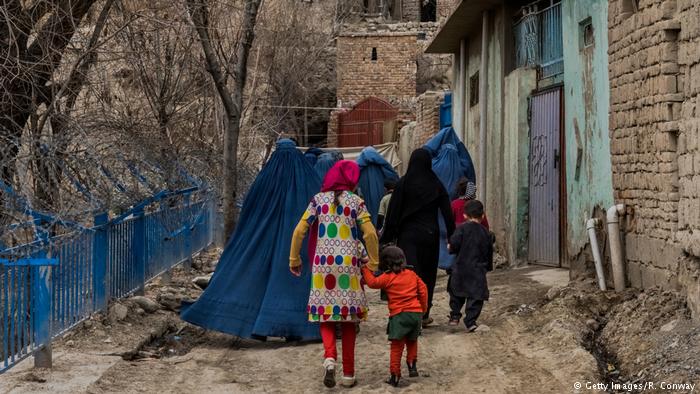A promising future, conditions apply

The first time I met her, I noticed her branded handbag, her golden wrist watch, her light pink wrinkle-free coat and a black chiffon scarf carefully wrapped around her head. I wondered if that was what she was all about. In my next talk with her, I realised there was more to her than her impressive carriage and subtle, yet strong arguments.
This is Fawzia Koofi, Afghanistan’s first woman deputy speaker and now a presidential candidate for 2014 elections. A woman competing for the presidential post in Afghanistan is not easy to digest, but it certainly means that women in Afghanistan are getting ready to take over important positions. Having lost her husband to extremists and having survived two murder attempts by the Taliban herself, Koofi continues her fight for women and a sovereign Afghanistan.
During my days in Kabul, my visit to the Ministry of Foreign Affairs, the Institute of Diplomacy, a few picnic spots in the city including the Bagh-e-Zanana (the women’s garden), the market place on Shara-e-Naw (the New Road) broke more stereotypes about the situation of women in the country.
While Kabul alone cannot represent the situation across the country, it still symbolises the waves of change affecting women in Afghanistan. At the ministry, I met some young diplomats, few of them very impressive young women. Their poignant stories about the road to higher education, their exposure and people’s response in foreign trips relating work, family support and future goals were enthralling.
But amidst these stories, I could sense their fear of the return of Taliban after the pullout of the American forces in 2014. While America keeps reminding the people of their support and assistance for at least the next 10 years after 2014, it doesn’t seem to help the Afghans. For them, the Taliban are nothing less than a nightmare.
But one question kept nagging me, why are the Afghan women portrayed as weak? I found the answer a few days later. Kabul is full of foreign aides and non government organisations working for the cause of women. You meet their representatives at almost every meeting, every party, at every restaurant you visit. But you find fewer people working for women and more working about women.
Why I could not see as many projects for women compared to, say, the number of articles I read in foreign magazines about the plight of Afghan women was because most journalists tend to find stories in misery than in achievements. Most of the women I met were not quite happy about the image of a common Afghan woman in foreign media.
While one cannot entirely deny foreign-funded development projects in the country, the few NGOs that I came across were mostly run by local women who stood up against all odds to make their country a safer place for their daughters even if it meant putting their own lives in danger. And that is what is required for the time being. A little courage, a little support in words for the women who have a long way to go after America pulls out.
Author: Ayesha Hasan
Editor: Manasi Gopalakrishnan
The writer works at The Express Tribune in Pakistan. She is the 2011 FES fellow of journalism at DW-Bonn and a 2012 Af-Pak fellow of journalism in Kabul. She can be reached at: ayesha.hasan08@gmail.com






